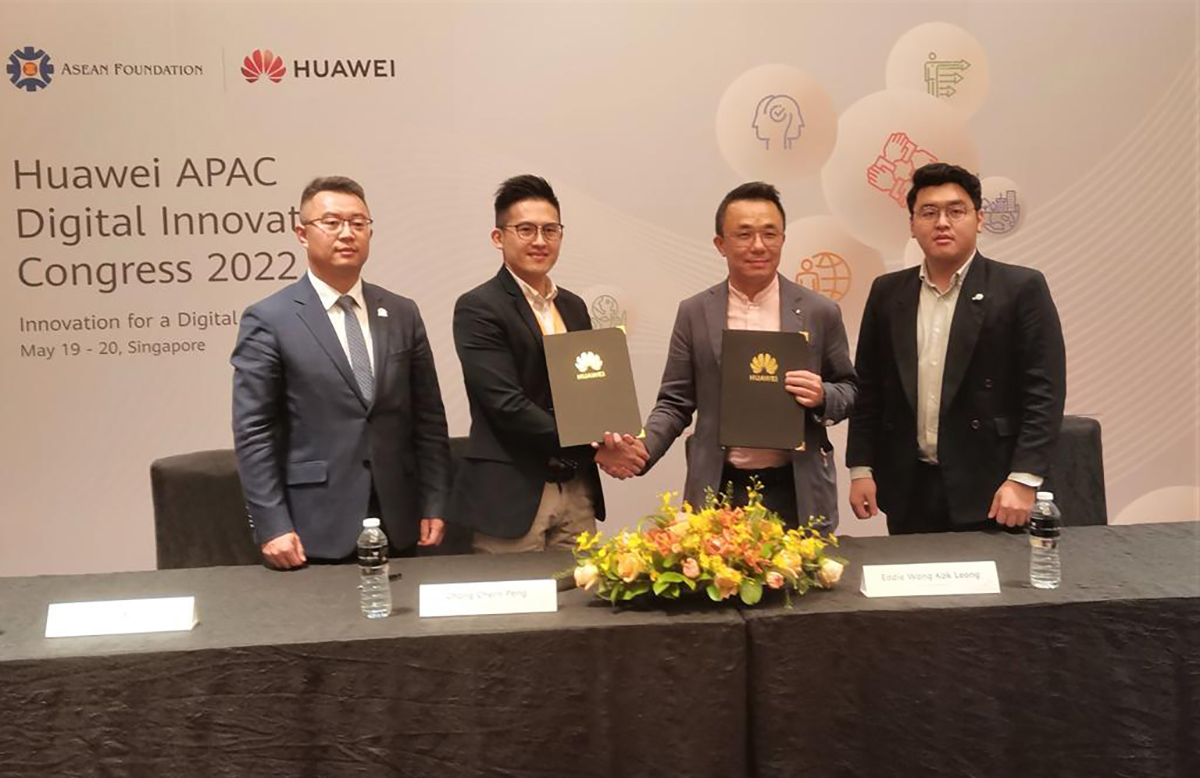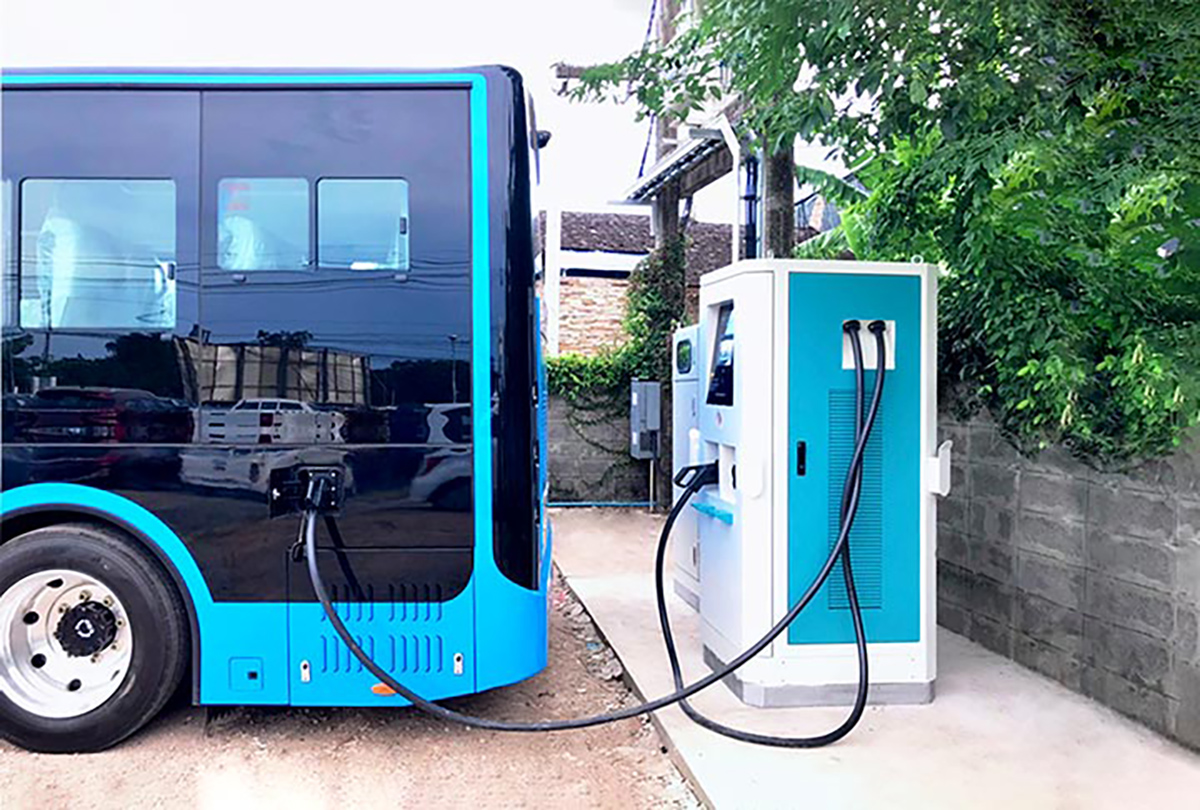The partnership will see KVC taking on the role of the main purchaser and fulfilment partner that will both procure and deploy EV chargers, while Huawei Malaysia will be the technology provider as well as administering product training for KVC. This is in line with Malaysia’s aim to achieve carbon neutrality by 2050 and to elevate the government’s efforts to install 10,000 EV charging stations across the country by 2025. KVC country managing director Eddie Wong Kok Leong stated during the MoU signing that the company has sold and deployed over 150 charge points nationwide in residential, commercial and industrial areas. He also expressed that this collaboration would provide the opportunity for both the company and Huawei to leverage and integrate their technologies to promote low carbon mobility. Meanwhile, Huawei Malaysia vice president Chong Chern Peng said enabling more charging stations in the country is a critical element in boosting the confidence of the consumer segment to transition to EVs. He added that Huawei is aiming to build a partnered ecosystem to enhance the quality of local infrastructure and is open to collaborate with partners to build a holistic ecosystem to enhance the EV Charging Network in Malaysia. For the uninitiated, Huawei produces the HiCharger Direct Current (DC) Charging Module for electric vehicles, which is offered in 20kW and 30kW configurations and features high-voltage fast charging. The company claims that it is also the industry’s first product that has passed TÜV SÜD’s Thresher comprehensive certification, with an annual failure rate of less than 0.2%. Aside from China, the Huawei HiCharger can also be found in the coastal city of Rayong, Thailand. And with this newly inked partnership between the company and KVC, we can expect to see the charger to be utilised in Malaysia as part of their joint effort. (Source: The Malaysian Reserve / Huawei [1] [2])

